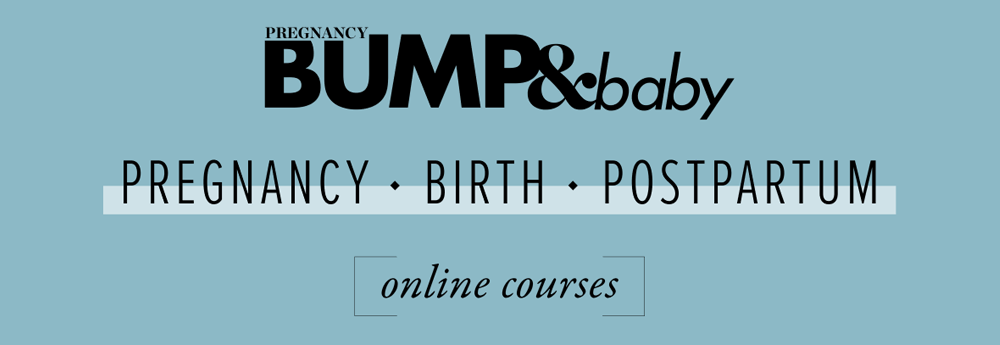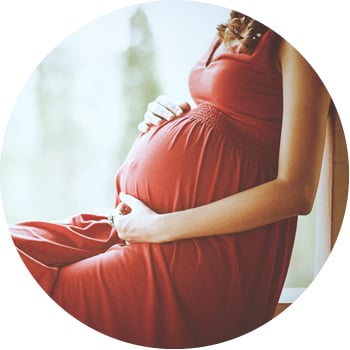
One in five couples in New Zealand face infertility, defined as the inability to conceive after 12 months or more of trying.
For some of those couples, the usual assistance that a fertility clinic can lend will not be enough to overcome the hurdle of infertility because the quantity or quality of the woman’s eggs is simply insufficient. This is most often devastating for the couple involved, but it can be overcome if another woman is willing to donate the eggs that they need.
In New Zealand, egg donors are not paid. Egg donors are often family members and friends, but there are women in the community who are motivated to give this gift to those they have never met, but for whom they would like to give an opportunity to experience the joy of being a parent. Knowing what is like to have children often leads these women to make the decision to become a donor.
Donor eggs are used when women either lack eggs or the eggs that they do have are poor quality. Lack of eggs can be caused by early menopause which is experienced by around 2% of all women. Some women meet their life partner in their late 30s or older and then want to start a family, but by that time, poor quality eggs may be a problem.
The process of egg donation starts with a donor coordinator at a fertility clinic having a chat with a potential donor over the phone and providing detailed information to read and share with those close to them, and to answer any initial questions. The next step is to meet with a specialist fertility counsellor who covers the implications of being an egg donor. Potential egg donors are also screened for their own and their family medical history.
Women donating eggs then undergo the steps normally undertaken for IVF, ranging from administering fertility drugs up to having eggs collected. The egg donor is made aware of the small medical risk that’s associated with the usual IVF procedure. The eggs are donated to the recipient couple and fertilised with the recipient partner’s sperm, then the embryo is transferred to the recipient woman’s uterus.
Egg donors need to be aged between 21-37 years for best quantity and quality of eggs, preferably have completed their own family (but this is not essential), and be a non-smoker with no significant health issues.
As an egg donor, you can specify the type of people you would like to donate to. All egg donors need to be happy to be identified at some time in the future, as they may be contacted by the recipient parents, or the children born from their donation. Egg donors are kept updated on what happens after their donations are in use. They can find out how many children are born, the gender of the children and the number of families involved.
You can donate eggs through fertility clinics in the main centres around New Zealand.
More On Fertility From BUMP&baby:
Why Is Fertility Treatment Becoming More Common?
Preparing For Fertility Treatment
The Importance Of Genetic Health
BUMP&baby
BUMP & baby is New Zealand’s only magazine for pregnancy and early babyhood. Our team of mums and mums-to-be understand what it’s like to be pregnant in this connected age, and that’s why BUMP & Baby online is geared toward what pregnant women and new mums really want to know.
Other articles of interest
10 pregnancy facts
From why twins could in fact be half-brothers or half-sisters, to why you need to monitor your baby’s movements … here are 10 facts about pregnancy you need to know!






